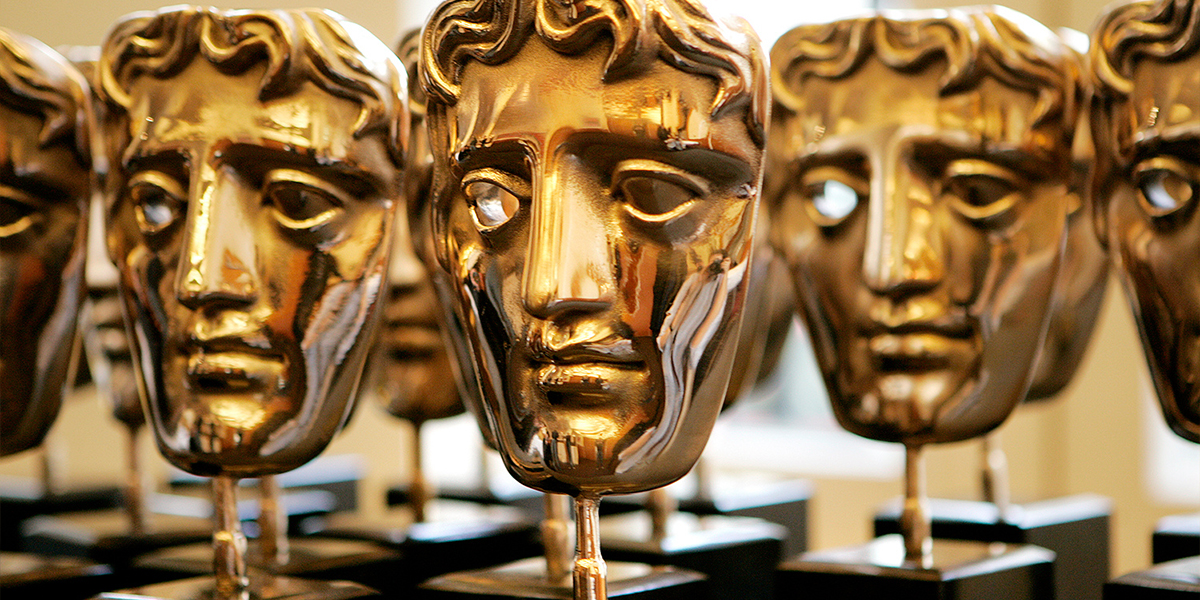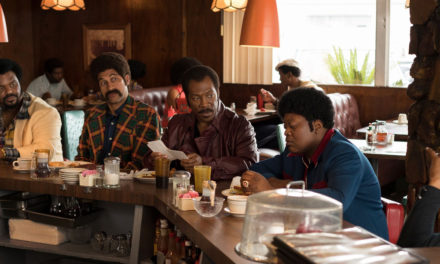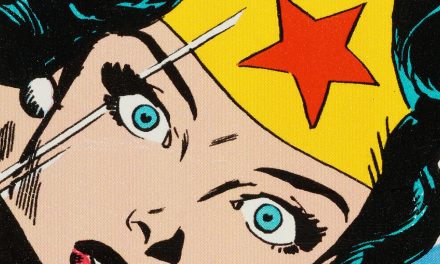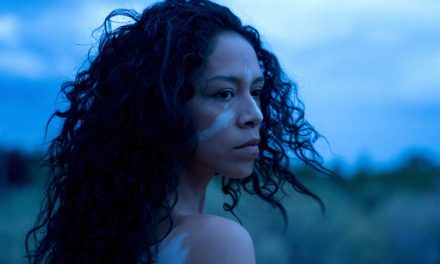Earlier today, the full list of nominations for the 73rd British Academy Film Awards (BAFTAs) were announced to the disappointment of many film lovers and experts. Films like Todd Phillips’ Joker, Martin Scorsese’s The Irishman and Quentin Tarantino’s Once Upon a Time in Hollywood racked up the highest number of awards while critically acclaimed films like Lulu Wang’s The Farewell only received one nomination.
Despite the supposed commitment to diversity and inclusion within the film industry, this year’s nominations feature all-white acting nominees alongside all-male directors, snubbing some of the most highly praised filmmakers and actors. Incredulously, Australian actress and Hollywood’s ‘it girl’ Margot Robbie was nominated twice in the same category for her role in both Bombshell and Once Upon a Time in Hollywood – where the actress has a controversial limited speaking role. Scarlett Johannsson also got the same treatment and received two nominations for her roles in Marriage Story and Jojo Rabbit.
Many took to social media to express their disappointment via the hashtag #BAFTASsowhite – a reference to 2015’s #OscarsSoWhite – which quickly spread across Twitter in a matter of hours. Many questioned why actress Lupita Nyong’o, who played a dual role in Jordan Peele’s social horror Us, was snubbed. Other disregarded performances included Awkwafina’s role in The Farewell, the cast of Parasite, Eddie Murphy’s comeback in Dolemite Is My Name and Cynthia Erivo in Harriett. The work of female directors like Lorene Scafaria for Hustlers and Greta Gerwig for Little Women were also absent.
This begs the question: have ‘diversity’ and ‘inclusion’ become buzzwords for the film industry to use without doing the actual work? The backlash prompted a response from BAFTAs Chief Executive Amanda Berry who stated: “Being totally honest, we are disappointed and that is not to take anything away from the people who have been nominated.” Berry also stated that the lack of diversity is an industry-wide problem. While that may be true, it seems like the BAFTAs is shirking any accountability linked to their own practices since this isn’t the first time the award show has been at the receiving end of Twitter’s fury.
Ironically, Amanda Berry acknowledged the ceremony’s problem with diversity four years ago. Unfortunately, it doesn’t seem like much has changed since.
Hollywood’s Diversity Problem
It’s no secret that the film industry has a problem with recognising and honouring the work of people of colour and women. Black and brown people have had to continuously fight to get close to what their white counterparts have received and despite the widespread outrage, Hollywood is still not listening.
When #OscarsSoWhite took over the internet in 2015, a movement pioneered by activist April Reign, it seemed as though the Academy Awards were in for a reckoning. Several celebrities, including the likes of Spike Lee and Jada Pinkett-Smith, announced plans to boycott the event while others voiced their disappointment at the nominations. Almost five years later, award seasons continues to leave a bad taste in our mouths.
Last Sunday, the 77th Golden Globe Awards took place in Beverly Hills, California. While the ceremony was more diverse than the BAFTA nominations, it was painstakingly clear how little we’ve progressed, and how far we must still go. Awkwafina was recognised for her performance in The Farewell and became the only person of colour to win an award that night and the first woman of Asian descent to ever win a major film award.
The fact that people of colour are still celebrating firsts – in an industry that has existed for over a century – proves how long the road to authentic diversity really is. Despite the win for Awkwafina, nominations for Ava DuVernay’s When They See Us, Zendaya’s stellar performance in Euphoria and Lupita Nyong’o’s role in Us were nowhere to be found.
Ricky Gervais, who delivered the events opening monologue, highlighted the discrepancy in jest: “Maybe talented people of colour were snubbed in all major categories. Unfortunately, there’s nothing we can about that. The Hollywood Foreign Press are all very, very racist.”
If that’s true, maybe it’s time to talk about the elephant in the room.
Photo Credit: Baftas
- This Artist is Making the Underwater Arena His Canvas - 28th April 2021
- A Video Game that Promotes Peace and Conflict Resolution - 15th March 2021
- Netflix’s ‘Living Undocumented’ is a Difficult Series to Watch, and Exactly Why We Should - 9th March 2021






